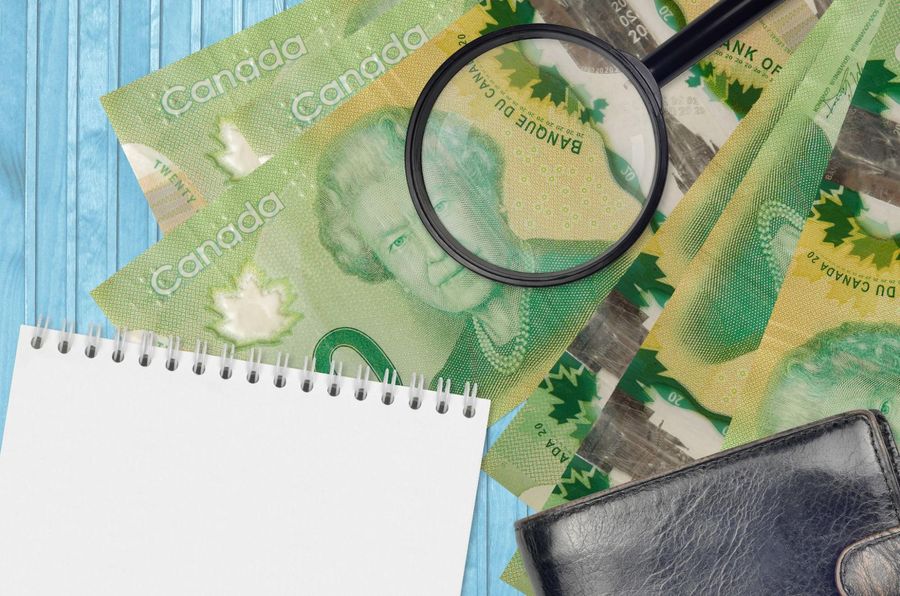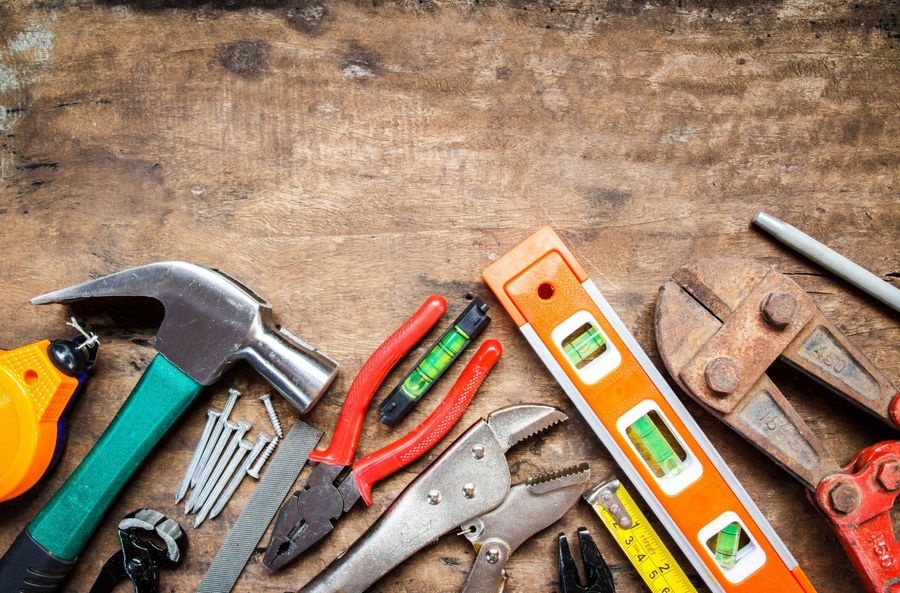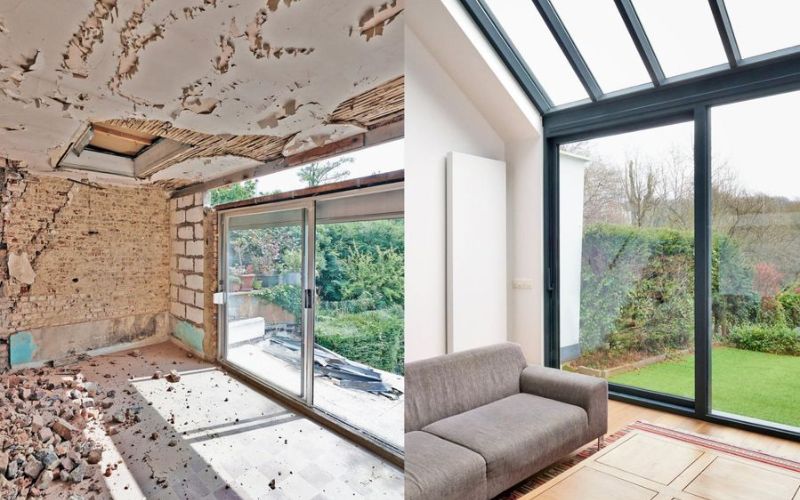With the cost of housing as high as it is, many buyers are trying to stretch their home-buying dollars as far as possible to secure their home purchase. Unfortunately, there are many costs involved with buying and moving into a new house beyond just the purchase price, and it is not always easy to budget for unexpected expenses.
Some buyers may find that they get close to buying their home but need a little extra to cover closing costs. Or, they may buy the house, move in, and find they suddenly need to spend on repairs, renovations, or furnishings.
After having just put so much money into your mortgage and your home, it can be hard to suddenly find more funds to cover the rest. But luckily, there is an option that can allow you to use your mortgage to get some of these funds. This is known as a cash-back mortgage.
Lenders who offer cash-back mortgages provide their borrowers with a lump-sum rebate of some of their mortgage value when the mortgage closes. This is designed to help those who have put a lot of money into their home but need a bit more to tie up loose ends.
Though having some extra money can make you more comfortable in your new home, it isn’t without its downsides. You should consider the pros and cons before taking out a cash-back mortgage. Remember, your bank will never give you money for nothing.
In this article, we will cover what a cash-back mortgage is, how it works, and whether or not it may be a good adoption for you when buying your home.
How does a cash-back mortgage work?
A cash-back mortgage is like any other mortgage in that the bank will provide you with funding to buy your home. The difference is that in a cash-back mortgage, the bank will also give you an extra lump sum of cash after your mortgage closes.
The amount advanced to the borrower will depend on the mortgage in question, though the amount is generally between 1% and 7% of your mortgage.
For example, imagine you wanted to buy a home for $750,000 with 20% down and 2% cash back. Your down payment would be $150,000 for a total loan value of $600,000. Once your mortgage closes, the bank will also pay you a lump sum of $12,000.
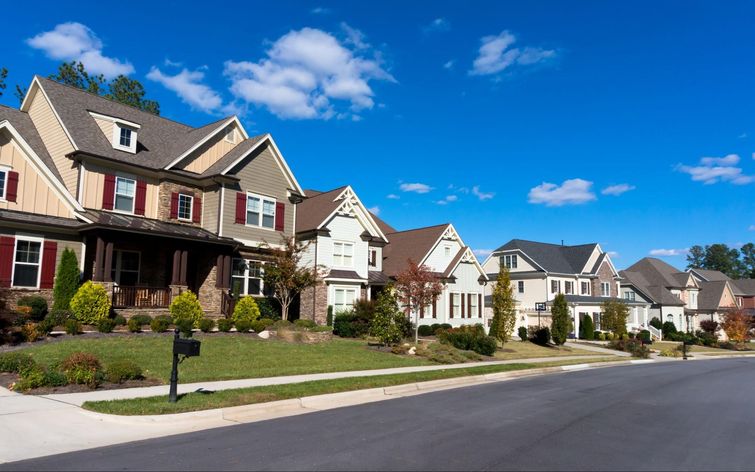
You can use this money for essentially whatever you want. However, common uses may be for closing costs such as legal fees or land transfer tax, home improvements, and buying furniture or appliances. You can not use your rebate to pay your down payment, but you can offset some of the upfront costs of your mortgage by getting your money back.
Because the amount of your cash back depends on the value of your home, buyers with more expensive mortgages can access larger sums with a cash back mortgage. Many lenders will also have a maximum amount you can receive in cash back regardless of your home value.
One important thing to know is that this money is not considered borrowed. In fact, it is not even represented in your mortgage’s principal. Instead, the bank will make back its money over time by charging a higher . There is no option for a variable rate mortgage that provides cash back.
Over the course of your mortgage, the increased interest rate will more than cover the extra money you received upfront.
Who provides cash-back mortgages?
Cash-back mortgages are a pretty standard offer from many financial institutions. Major mortgage lenders such as RBC, TD, and CIBC offer their own form of cash back mortgages, as well as a range of alternative lenders.
Though it may seem too good to be true that your bank would pay you to take a mortgage, the widespread availability of these mortgages among regulated lenders should speak to their popularity and viability.
How much will a cash-back mortgage cost me?
Cash-back mortgages are a great way to access funds when you need them right after buying a home, but they aren’t free money. The trade-off is that you will pay much more over time in interest than you will receive upfront. This doesn’t mean that cash-back mortgages are a bad deal, as for some people, there will be an inherent benefit in money available now as opposed to savings down the line.
Often the interest rate for a cash-back mortgage will be around 0.5% to 1.5% higher than a standard fixed-rate mortgage, though the exact rate will depend on factors like the amount of cashback and the term length of your mortgage.
Looking at the example above of a mortgage of $600,000, we can compare two different interest rates to see how much a cash-back mortgage may end up costing you.
In the first case, assume you had an interest rate of 4% without cash-back. Over the course of a 5-year term, you would pay about $111,691 in interest for your home. Now assume, on the other hand, you took that 2% cash back from before ($12,000), and your interest rate increased to 5%. That same mortgage would now pay $140,423 in interest.
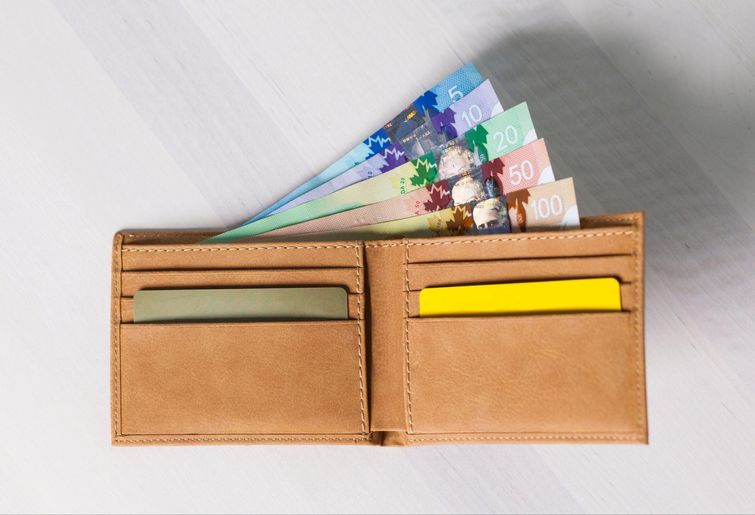
That would mean about $28,000 more in interest between the two. Even after subtracting the amount you initially got in your rebate, you paid an additional $16,000.
Naturally, these figures do not represent actual mortgage rates or offers from any particular financial institution. Still, they should at least be illustrative of how a slight increase in interest rates can lead to a much higher total cost down the line. This is crucial to know before you take a cash-back mortgage, as the allure of upfront rebates can be enticing, but you need to consider the longer-term effects and if it makes sense for you financially.
When should I consider a cash-back mortgage?
Now that you understand how a cash-back mortgage works and what it would mean in terms of costs, you might still be wondering if it is right for you. Just because you will pay more in interest over time does not mean that a cash-back mortgage is not worth it. For many people, the value of money upfront is far greater than the value of money spread out over 5 years.
Cash-back mortgages can be a good option if you need a little more money to . In this case, it may come down to getting a cash-back mortgage or not getting a home, so the choice here is clear.
It may also be a good option if you used up most of your available savings to buy your home and now are short on cash. A cash-back mortgage can help supplement your income while you regrow your savings or provide extra money to furnish your new home. This may be especially helpful if you are moving to your first home and don’t have a lot of furniture. The increased cost down the line may just be worth it for a far more comfortable furnished home over those years.
Other options may include paying for renovations or repairs, investing money, and consolidating high-interest debt. In each of these cases, you should make sure that the benefits of upfront cash outweigh the overall increased cost, either financially or for lifestyle benefits.
If you simply want a cash-back mortgage because you think it would be nice to get some extra cash but don’t really need it, you might want to reconsider. If you can delay the instant gratification, you would be better off saving the amount you would pay in interest for more money down the line.
If you are considering getting a cash-back mortgage or are still unsure, consider talking to a mortgage broker who can help you understand the best options for your circumstances.
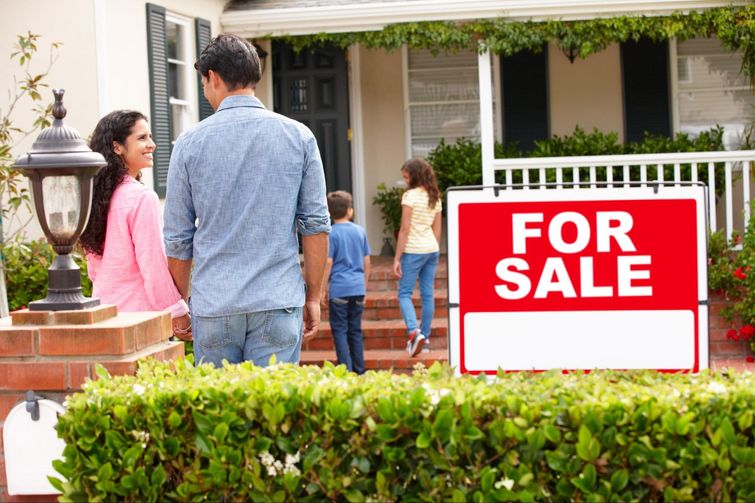
What happens if I end my mortgage term early?
One more consideration when it comes to cash-back mortgages is if you plan on breaking off your mortgage early. Because the bank plans on making back the money they gave you upfront in interest over your mortgage term, they do not take kindly to borrowers who choose to break off their mortgage early .
If you end your mortgage early, you will likely need to pay some penalties for doing so. These penalties can easily rise above $10,000 in some cases. And, often, this fee is based in part on your current interest rate, which will be higher because you took the cash back option.
In addition, there is often a clause requiring you to pay back some or all of your cash rebate in the event of ending your mortgage early. This means on top of paying increased mortgage payments and a large penalty. You also lose out on most of that money you were given.
While you can’t always predict these things, it is very important that you do your best to avoid having to close your mortgage early with a cash-back loan.
Corben joined CREW as a relative newcomer to the field of real estate and has since immersed himself and learned from the experts about everything there is to know on the topic. As a writer with CREW, Corben produces informative guides that answer the questions you need to know and reports on real estate and investment news developments across Canada. Corben lives in Guelph, Ontario with his partner and their two cats. Outside of work, he loves to cook, play music, and work on all kinds of creative projects. You can contact Corben at corben@crewmedia.ca or find him on Linkedin at https://www.linkedin.com/in/corbengrant/.


